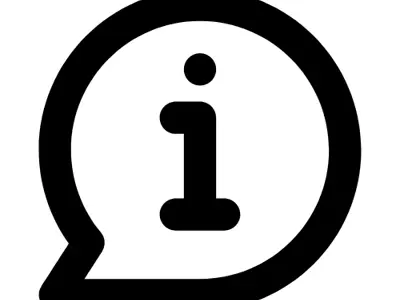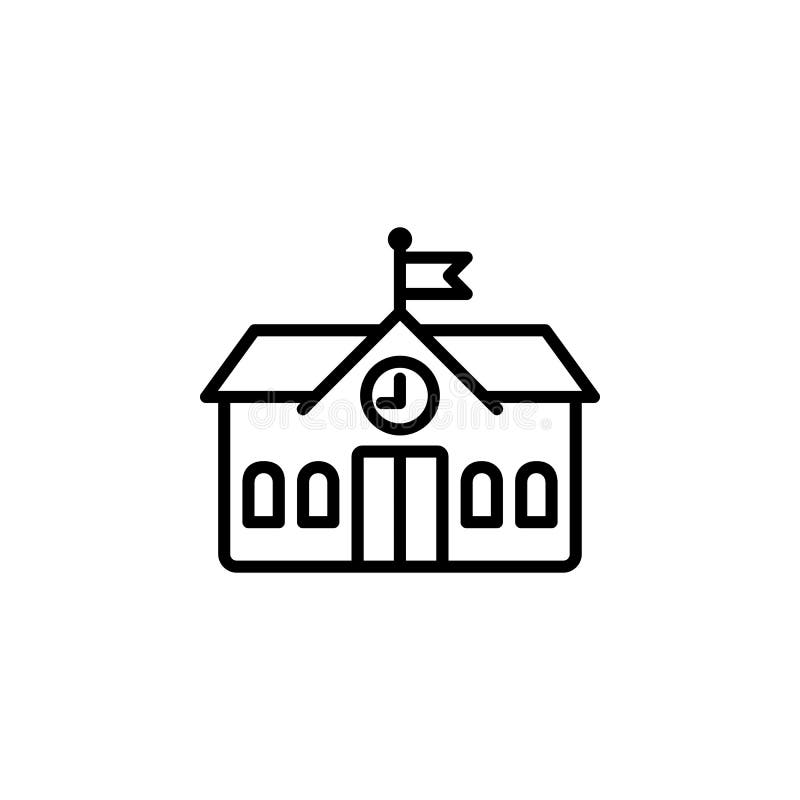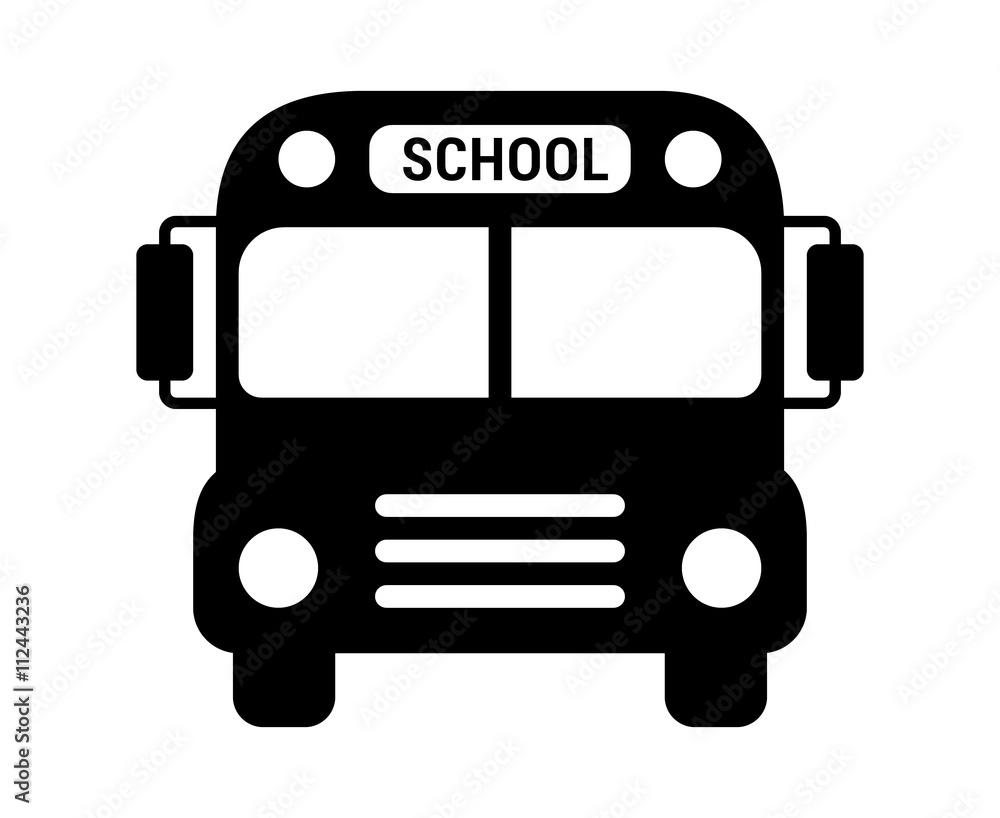 |
|
AP 351: Code of Conduct |
 |
|
AP 355: Student Dress Code |
 |
|
Privacy & Freedom of Information |
 |
|
AP 314: Medically At-Risk Student Care |
 |
|
Doing Mathematics with Your Child K – 6 |
 |
|
Understanding Concussions
AP 319: Concussion Protocol |
 |
|
|
 |
|
School Bus Rules and Riding the Bus to School
AP 589: Transportation |
 |
|
AP 352: Progressive Discipline and Promoting Positive Student Behaviour |
 |
|
AP 350: Bullying Prevention and Intervention
AP 357: Threat Assessment Notification |
 |
|
AP 218: Food, Beverage and Nutrition at AMDSB |
 |
|
|
 |
|
|
 |
|
|